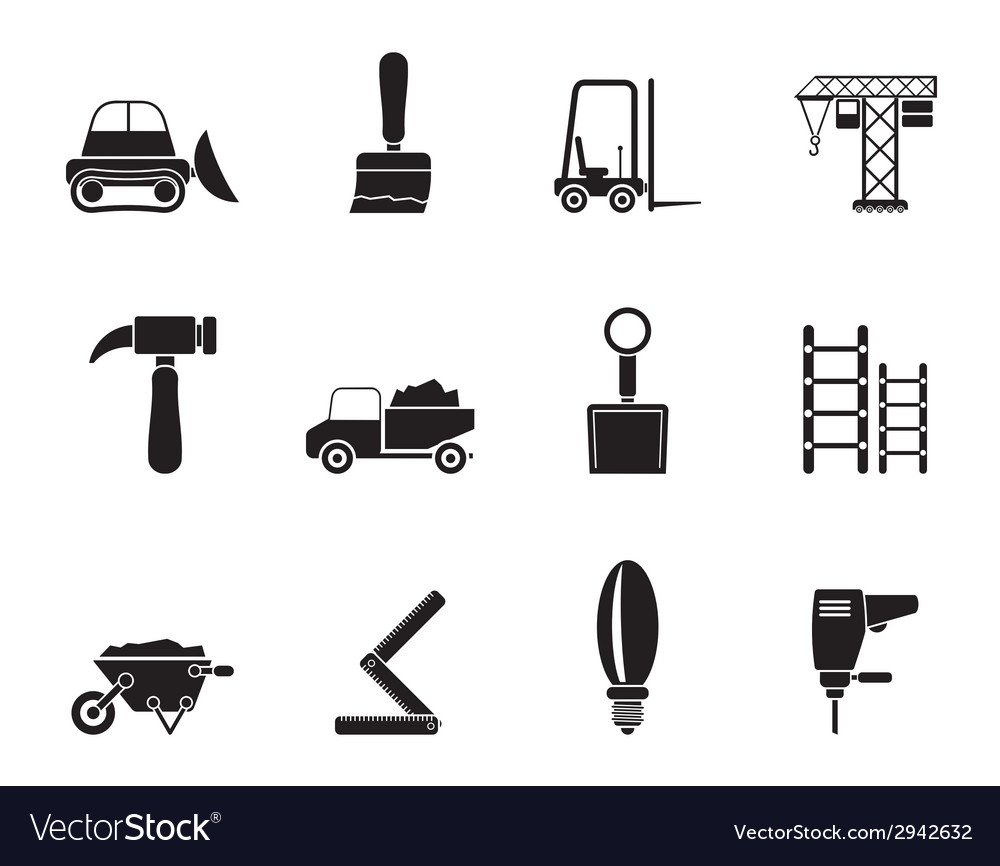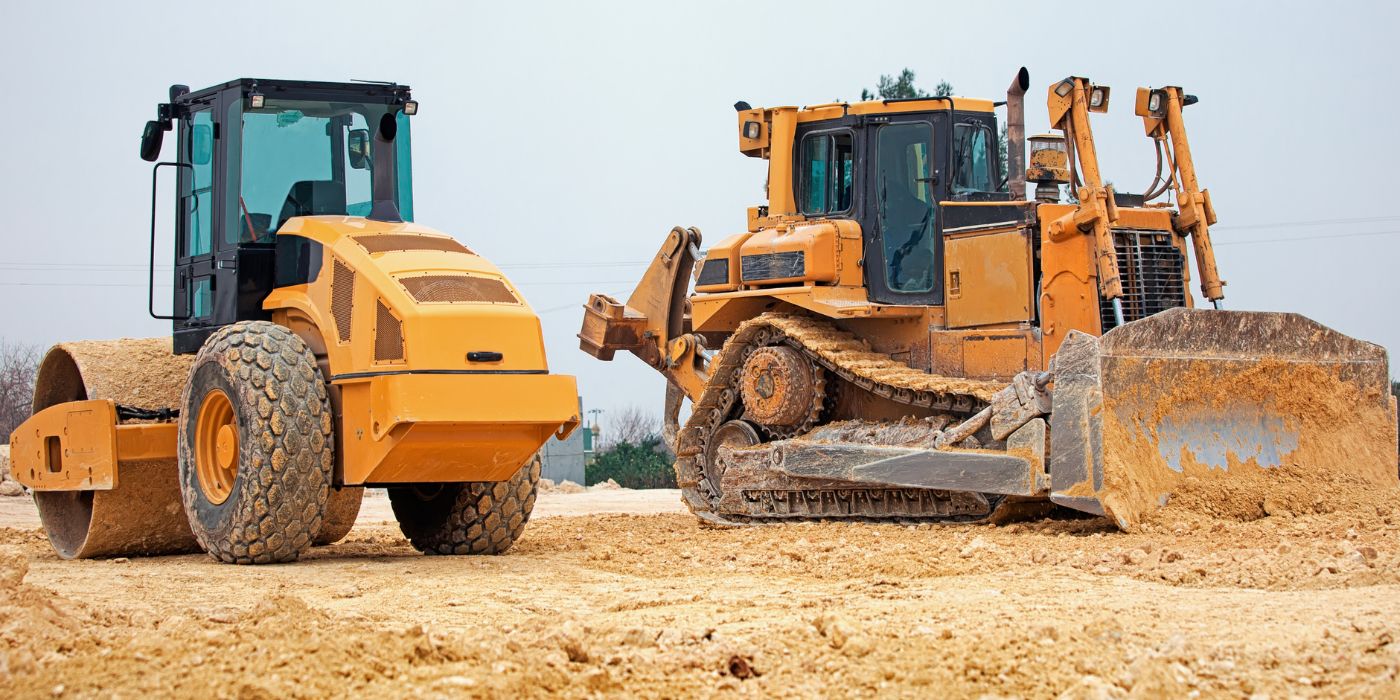Key Considerations When Selecting Construction Tools Services for Different Kinds Of Structure Tasks
Choosing the ideal construction devices leasings is a critical part that can significantly affect the success of any kind of structure project. Key considerations consist of a complete assessment of task requirements, budget plan restraints, and site problems, all of which play a vital duty in figuring out the appropriate devices for the job. In addition, understanding the specifications and integrity of the equipment, along with examining provider reputation, can alleviate dangers connected with hold-ups and security worries. As task managers navigate these complexities, the subtleties of each factor can cause critical decisions that warrant closer exam.
Project Demands Evaluation
Effective project needs evaluation is critical for making certain the successful implementation of building and construction tasks. This process involves a comprehensive assessment of the particular needs and goals of the project, which acts as the foundation for choosing appropriate building equipment. In order to help with accurate decision-making, stakeholders should collect thorough information regarding the task website, timeline, and extent conditions.
Trick elements to consider during the evaluation consist of the kind of building and construction work, the quantity of products to be taken care of, and the spatial restrictions of the task website. Comprehending the project's unique demands makes it possible for job supervisors to determine the required equipment that will certainly maximize effectiveness and efficiency. In addition, a complete analysis assists in establishing the abilities and restrictions of available devices choices, making certain that picked services satisfy performance criteria.

Spending Plan and Expense Evaluation
Budgeting for building and construction equipment services is an important element that straight affects the general economic health and wellness of a project. aerial lift rental. A comprehensive expense evaluation ought to take into consideration not only the rental charges yet additionally added expenditures linked with running the equipment, such as fuel, maintenance, transportation, and potential damages waivers
When establishing a budget plan, it is essential to compare rental prices amongst different vendors to identify the best value. This includes assessing the duration of the rental duration and any type of prospective price cuts for long-term arrangements. Moreover, recognizing the details requirements of the task can assist avoid overspending on unneeded equipment.
Additionally, it is sensible to designate a backup allocate unforeseen conditions that may arise throughout the job, such as equipment malfunctions or prolonged rental durations. This guarantees that the task remains financially viable also if unforeseen costs happen.
Lastly, monitoring costs throughout the rental duration will supply understandings into spending plan efficiency, allowing changes as required and fostering far better decision-making for future jobs - aerial lift rental. By carefully analyzing prices, job supervisors can maintain financial control while ensuring that the needed devices is offered to meet project needs effectively
Tools Type and Specs

It is critical to evaluate the tools's specs, consisting more helpful hints of load power, reach, and capability result, to ensure they fulfill the task's demands. Furthermore, consider the setting in which the tools will be used; factors such as surface, room constraints, and site problems can dramatically influence performance.
Additionally, the age and upkeep history of the rental devices should not be forgotten, as newer models frequently incorporate innovative modern technology that improves functional performance and safety and security. Consulting with tools service experts can you can try these out provide beneficial understandings into one of the most appropriate choices based on your project's scale and intricacy. By thoroughly evaluating equipment types and their specs, task managers can make certain that they pick the right tools essential to achieve ideal results in their construction ventures.
Rental Terms and Conditions
Recognizing the tools kind and specifications is just component of the rental procedure; equally vital are the rental terms and conditions that control the contract. These terms specify the expectations and responsibilities of both the renter and the rental company, guaranteeing a smooth deal.

Crucial element of rental terms include the duration of the rental, payment routines, and any type of affiliated costs. It is vital to make clear whether the rental period is based upon everyday, once a week, or month-to-month rates, as well as any kind of penalties for late returns. Additionally, understanding the payment structure, consisting of down payments and insurance prices, is crucial to avoid unanticipated costs.
One more critical element is repair and maintenance obligations. The rental contract ought to define who is answerable for devices maintenance and just how to handle tools failures throughout the rental period. Furthermore, it is important to assess liability provisions, especially pertaining to damages to the devices or third-party injuries.
Lastly, understand the terms bordering tools pickup and return. A clear understanding of these problems can stop disputes and ensure that the rental process is efficient and reliable, eventually adding to the success of your structure job.
Provider Reputation and Support

In addition, this link evaluate the supplier's history out there, including their experience with similar tasks. Established providers with a tried and tested track document are more probable to provide the necessary devices and assistance promptly.
Similarly important is the degree of customer care offered. A responsive support team can make a considerable difference, specifically in immediate scenarios where equipment malfunctions might take place. Ensure that the supplier uses obtainable interaction channels and is eager to offer support or remedies promptly.
Additionally, inquire concerning maintenance protocols and devices problem. A distributor that focuses on normal assessments and maintenance is likely to provide well-functioning tools, reducing the risk of delays in your project. Eventually, a thorough assessment of vendor reputation and support will certainly facilitate a smoother rental procedure, boosting overall project success.
Conclusion
In final thought, picking ideal building equipment services requires a complete analysis of job needs, budget constraints, and equipment specifications. A methodical technique to equipment choice is crucial for maximizing project efficiency.
Understanding the task's distinct requirements makes it possible for task managers to determine the required equipment that will enhance effectiveness and productivity.Partnership amongst project stakeholders is important during this phase, as it cultivates a common understanding of task objectives and equipment needs. By diligently analyzing job demands, building groups can prevent costly delays and tools mismatches, inevitably contributing to the smooth development of the task and adherence to timelines. The rental agreement should specify who is responsible for devices upkeep and just how to handle equipment failures during the rental duration.In conclusion, selecting proper building and construction tools rentals necessitates a comprehensive analysis of task requirements, budget plan restraints, and devices specs.